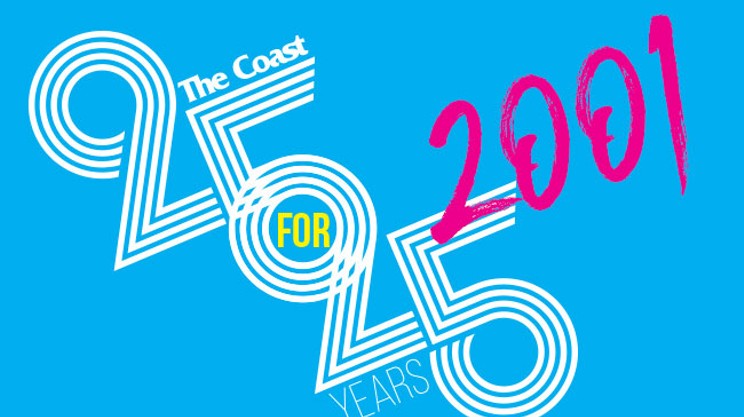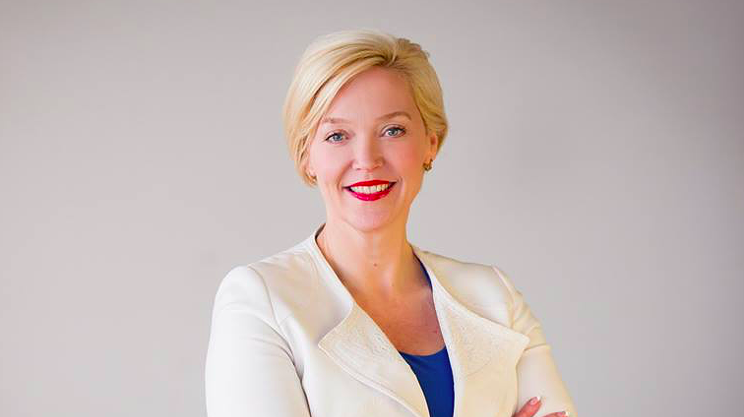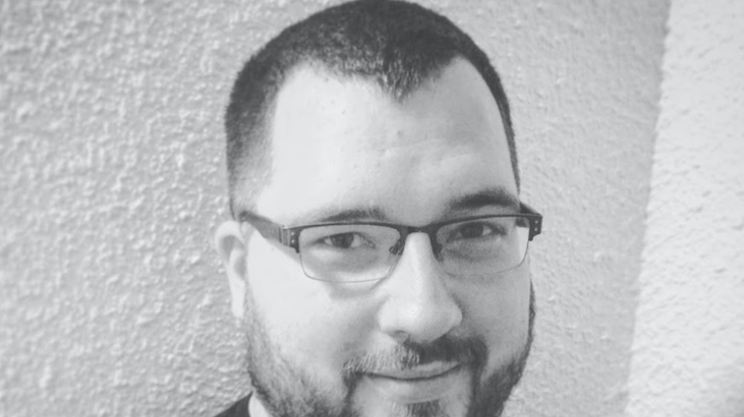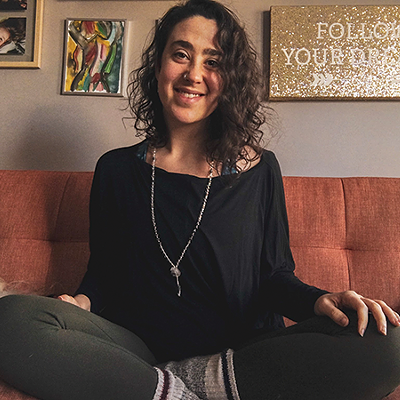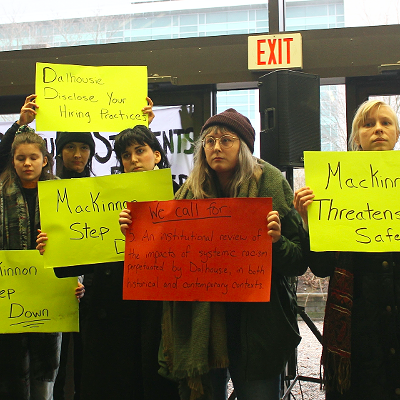By now, you’ve probably heard about the Sobeys pharmacy manager who found herself in hot water after using a provincial drug database to “snoop” on the medical information of friends, relatives and even her child’s girlfriend. This is just the latest embarrassing privacy failure for the Nova Scotia government, following on from two personal data leaks in April, one stemming from a school registration website and the other from (still unresolved) problems with the province’s freedom of information web portal.

Part of the challenge lies in our difficulty in understanding the trade-offs that come with giving up one’s personal information. It is notoriously difficult to weigh the value of privacy against the more tangible and immediate benefits that come with, say, using a convenient new app. While anyone who has had their identity stolen can attest to the enormous costs and frustrations of resolving the problem, the harm of having one’s personal information accessed by a stranger is far harder to quantify. Often these harms can be systemic and structural, and difficult to conceptualize on an individual basis. Each of the 50 million victims of Cambridge Analytica’s data harvesting scheme would likely find it challenging to express the individual impact that they felt. Collectively, of course, the impacts of potentially helping to sway close elections in favour of Donald Trump and Brexit are far more clear and dramatic.
It’s often said that data is the new oil. Given the importance of this resource, and the unprecedented threats that accompany the massive databases which governments now control, there is an enormous need to ensure that systems are set up to prevent breaches or abuse, and where these safeguards fail there needs to be proper accountability. But the government inevitably takes its cues from the electorate, and it will only prioritize data security if people indicate that they value their privacy. Even if you, personally, don’t feel a strong need for robust privacy protections, we should all understand the importance of having a system where those safeguards exist, just as non-religious folks should still respect the importance of freedom of worship. We all have a structural interest in privacy. We should demand that the government get serious about protecting our data.




